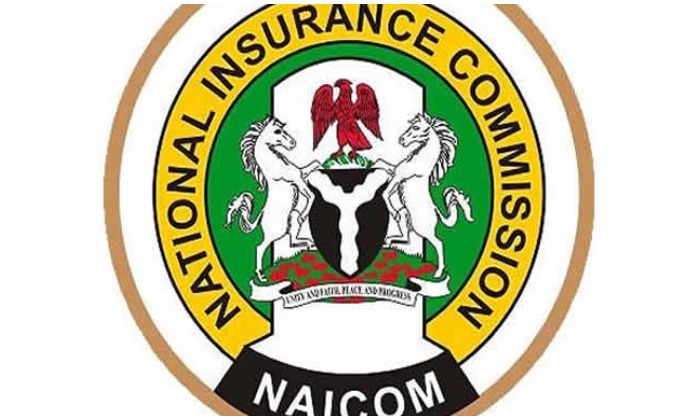The National Insurance Commission (NAICOM) has restated its unwavering commitment to the enforcement of compulsory insurance coverage for public buildings and buildings under construction across Nigeria, in line with the provisions of the Insurance Act 2003 and other relevant regulations.
This declaration was made during a recent stakeholders’ engagement, where the Commission emphasized the need for stricter compliance with compulsory insurance policies, especially amid rising cases of building collapse and increasing risks to lives and property. The initiative, according to NAICOM, is aimed at safeguarding the public interest and ensuring that victims of structural failures and site accidents are adequately compensated.
A senior official of the Commission noted that Section 64 of the Insurance Act mandates insurance for all public buildings — including schools, hospitals, office complexes, and recreational centres — against hazards such as fire, earthquakes, storm damage, and collapse. Similarly, Section 65 requires that all buildings under construction exceeding two floors must be insured by the contractor or property owner.
NAICOM expressed concern over the widespread disregard for these mandatory insurance provisions and disclosed that it will intensify enforcement efforts in collaboration with state governments, town planning authorities, and the Federal Fire Service. Inspections, compliance monitoring, and public awareness campaigns are being scaled up nationwide to ensure adherence.
“The safety of lives and property must take precedence over negligence and cost-cutting. We are determined to hold defaulters accountable and ensure that the objectives of the law are fully realized,” the Commission stated.
Industry observers have welcomed the renewed enforcement drive, citing its potential to deepen insurance penetration, boost public confidence, and enhance risk management in the country’s real estate and construction sectors.
NAICOM urged property developers, contractors, and public institutions to do the right thing by securing valid insurance coverage, stressing that the cost of compliance is far less than the human and financial toll of avoidable disasters.

